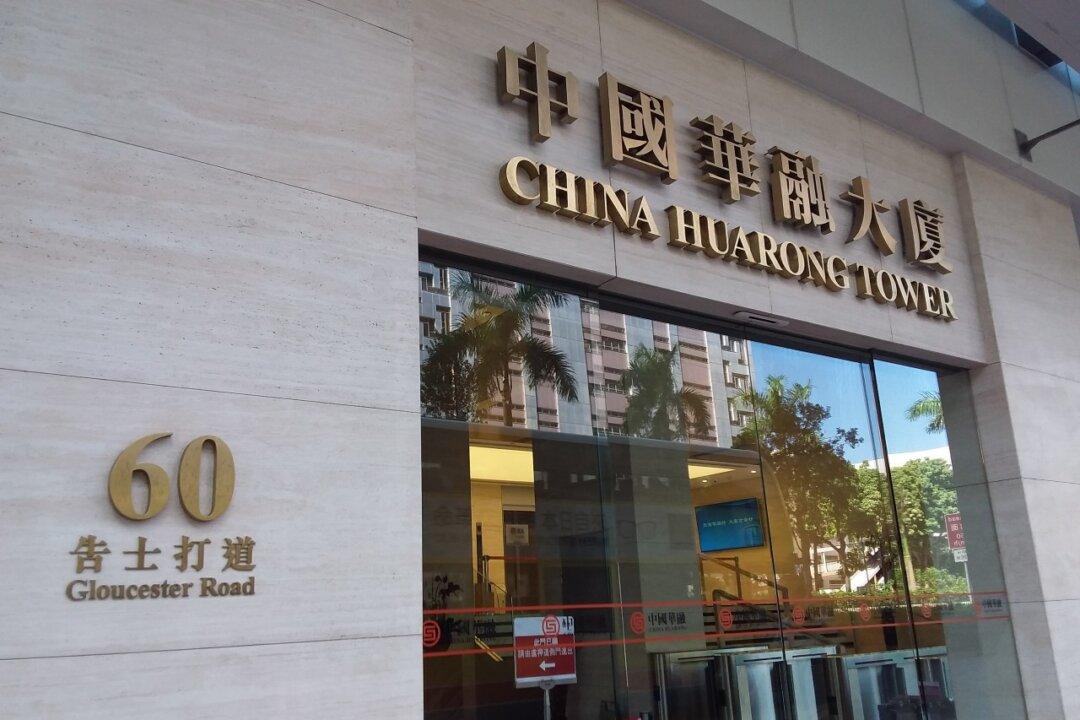Chinese bad-debt assets management company Huarong just showed the world how the Beijing authorities save troubled state-run companies that it deems too big to fail.
China’s top distressed assets manager, state-owned China Huarong Asset Management Co., said on Aug. 19 that five state-owned financial institutions would invest in it after the company announced a net loss in 2020 of 102.9 billion yuan ($15.84 billion) late Wednesday.





